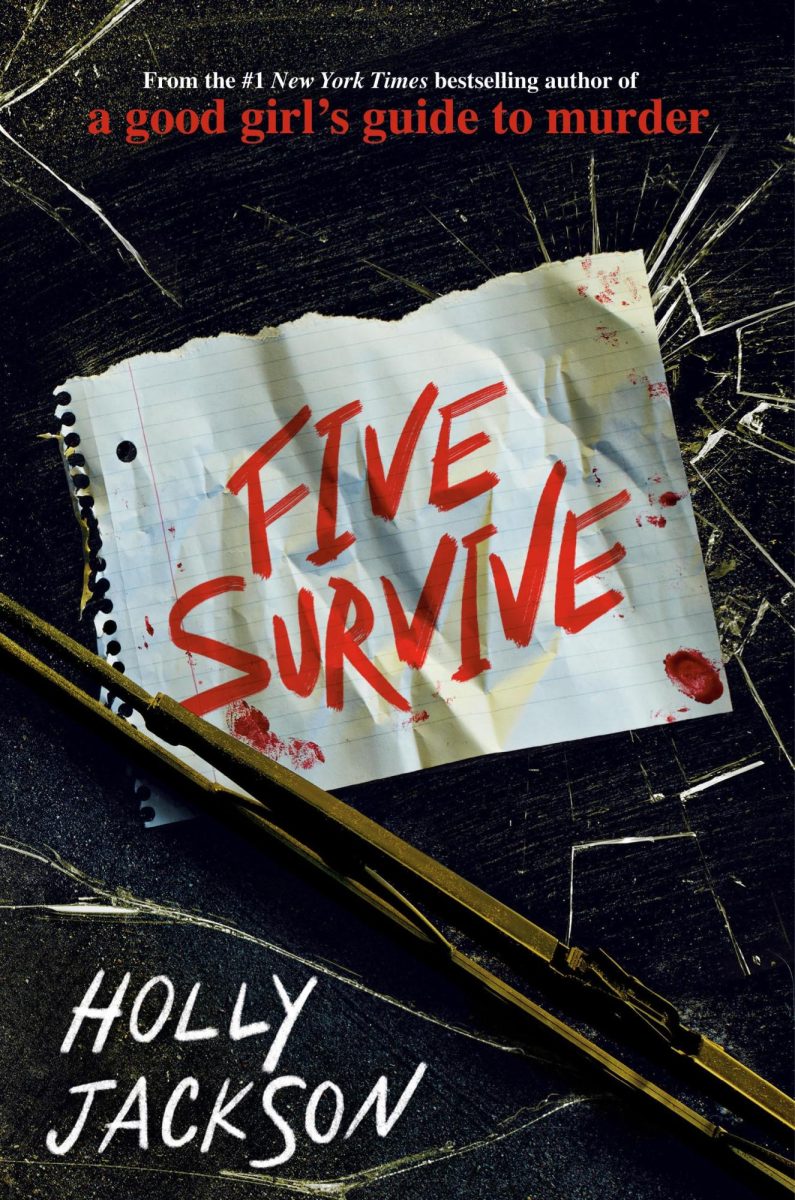NYC: The City that Never Sleeps
May 4, 2020
For decades, New York City has been a center of activity, with millions moving throughout it every day.
In recent months, however, the daily hustle and bustle of the vibrant city streets have been significantly diminished due to the effects of COVID-19, which has rendered NYC one of the greatest hotspots in the world. Alex Fuller ’23 lives in the Upper East Side of Manhattan and has seen the drastic changes firsthand.
“People stay in their apartments mostly and uphold proper social distancing guidelines when they go outside. Restaurants are all delivery or pick-up as well,” Alex explained.
Apart from closing down the restaurants, the city has shut down all non-essential businesses, libraries, museums, and various landmarks.
Furthermore, the MTA has also chosen to limit the usage of the subway, which now that I think about it, might actually be a relief to commuters and a minor annoyance only to zoologists who want to study the dog-sized rats living on the tracks (I swear they look that big to me). Those rats should not pose too much of a problem, however, since they seem to be staying six feet apart from each other.
Although the number of new cases per day has been slowly decreasing, Governor Cuomo believes the city is not going to be able to reopen in the immediate future. Unfortunately for Alex and many other New Yorkers, that date cannot come any sooner.
I mean, people from NYC are one of the most impatient groups of people I have ever met. For example, look at driving in NYC. With everyone struggling to be everywhere, you never know what to expect on the road except for three guarantees: glacially-slow traffic, panic attacks or general gusts of anxiety, and the middle finger.
With chaos being New York’s status quo, it’s no wonder that those who are stuck at home are so desperate to escape the confines of their homes.
“I think that people really want things to go back to normal and have started walking on the streets again and going to parks. Hopefully it’ll all be over soon,” Alex said optimistically.
Already, the improved situation in the healthcare sector bodes well for the future, where New Yorkers hopefully can resume their stereotypical behaviors such as walking fast, being rude to tourists, and throwing trash into the streets and gutters.
It’s possible that considering the monumental impact this virus has had on the world so far, everyday life and business in New York might be significantly altered going forward.
But despite what the future exactly holds, with continued responsibility from the city’s citizens, brighter days seem to be around the corner, and New York might once again be the City that Never Sleeps.








